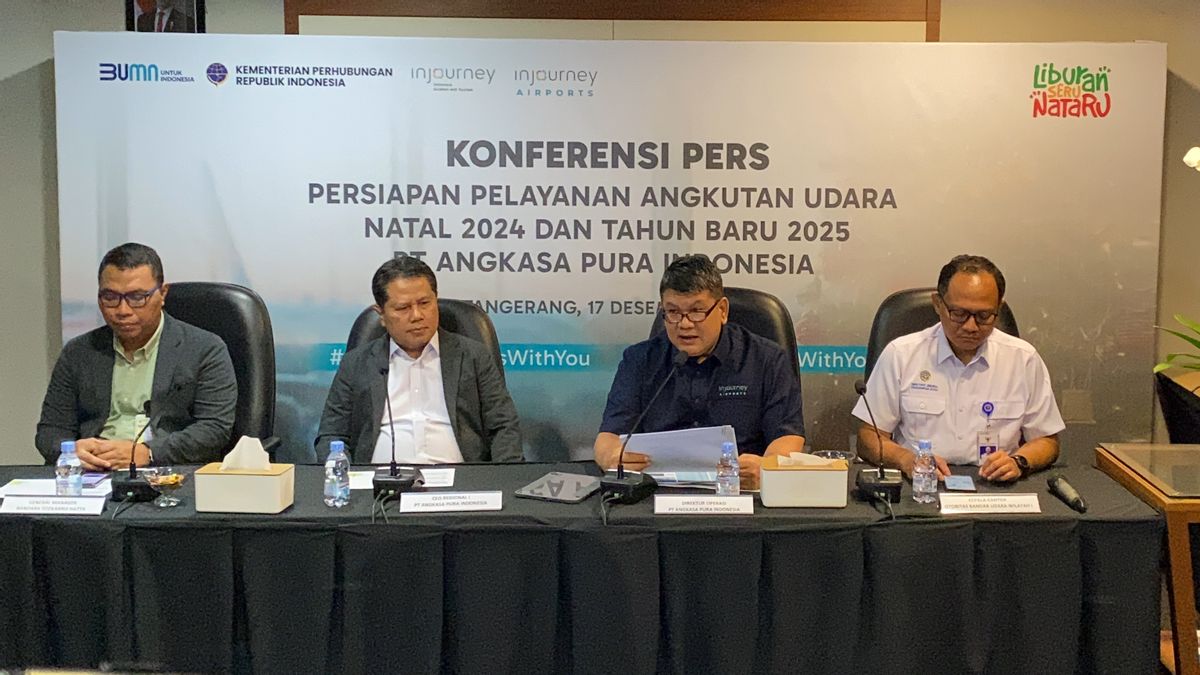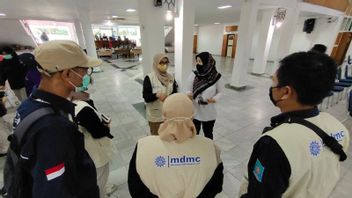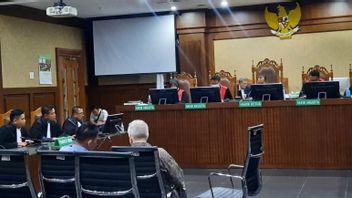
YOGYAKARTA - In the world of trade, consumers have rights that must be protected so as not to suffer losses due to irresponsible business practices. When business actors act unfairly, consumers can be harmed both financially and in terms of product quality and services received.
Therefore, protection of consumer rights is an important aspect in creating a healthy and sustainable trade environment.
In Indonesia, there is the Consumer Protection Law which functions as a legal basis to guarantee consumer rights. This law is designed to ensure justice in every business transaction, so that consumers get proper protection. With this regulation, it is hoped that the relationship between business actors and consumers can run in a transparent and fair manner.
The Consumer Protection Law is a legal regulation that regulates the rights and obligations of consumers and business actors in conducting goods and services transactions. In Indonesia, this regulation is contained in Law Number 8 of 1999 concerning Consumer Protection (UUPK).
The law aims to:
Consumer Rights And Obligations
Consumer Rights
Based on the Consumer Protection Law, some of the main rights that consumers have are:
Consumer Obligations
In addition to rights, consumers also have obligations, such as:
Obligations And Prohibitions For Business Actors
In addition to regulating consumer rights and obligations, the Consumer Protection Law also stipulates obligations for business actors, including:
This law also prohibits business actors from:
Consumer Dispute Settlement
If there is a dispute between consumers and business actors, the Consumer Protection Law provides several solution mechanisms, namely:
1. Peaceful Settlement
Consumers and business actors can solve problems directly through negotiations.
2. Through the Consumer Dispute Settlement Agency (BPSK)
If negotiations don't work, consumers can report the matter to BPSK for mediation or arbitration.
3. Through the Court
If the non-litigation pathway does not produce results, consumers can file a lawsuit to the court for justice.
SEE ALSO:
The Consumer Protection Law is a legal basis that protects consumer rights and regulates the obligations of business actors. With this regulation, it is hoped that the relationship between consumers and business actors can be fairer and more transparent.
As consumers, it is important to understand our rights and obligations so as not to be easily harmed in trade transactions. If you experience problems, don't hesitate to take advantage of the dispute resolution mechanism provided by this law.
In addition, apparently the Consumer Confidence Index is Increasing against the Indonesian Economy
So after knowing about consumer protection, see other interesting news on VOI.ID, it's time to revolutionize news!
The English, Chinese, Japanese, Arabic, and French versions are automatically generated by the AI. So there may still be inaccuracies in translating, please always see Indonesian as our main language. (system supported by DigitalSiber.id)














